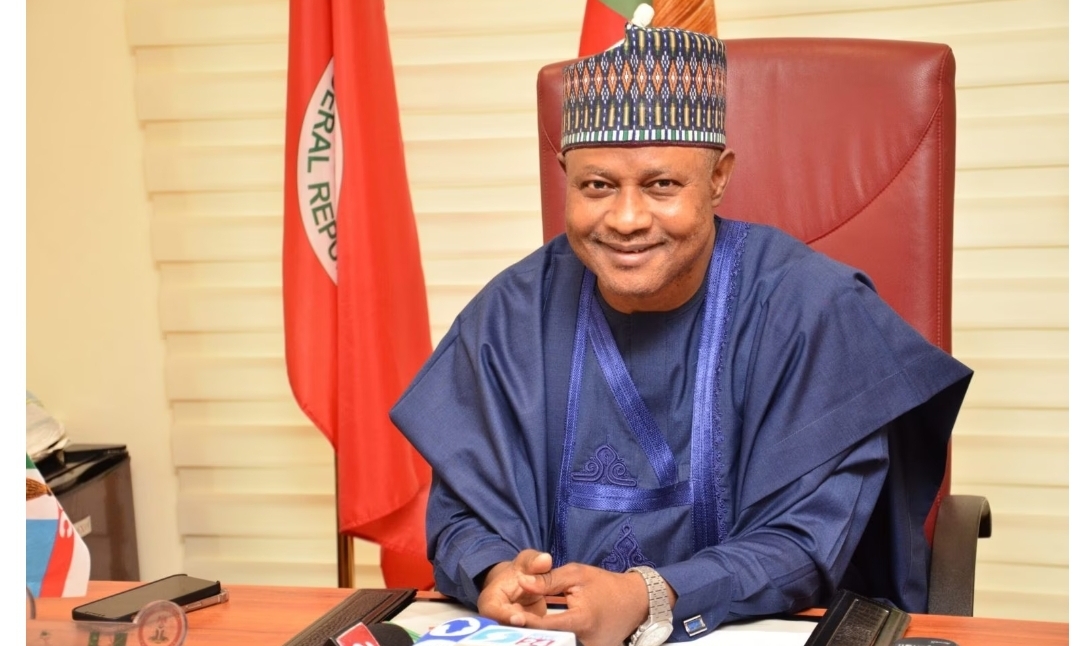Governor Uba Sani of Kaduna State, has described the proposed cash transfer policy of the Federal Government as a scam.
Recall that the President Bola Ahmed Tinubu administration earlier proposed to transfer N8,000 to 12 million Nigerian households for six months to cushion the effect of the petrol subsidy removal but the plan was however slammed with criticisms from Nigerians.
However, Gov. Sani in an interview on Arise Television, stated that there is no accurate database of those that will benefit from the programme.
His words: “My position has always been that, at this critical time, cash transfer should not be something that we should bring up. I think that cash transfer for me, in my opinion, is a scam. Completely, it’s a scam. I can be very certain about that, because who are you transferring the money to?
“Let me give an example, go and check the current statistics. Like I said, as the Chairman, Committee of Banking for four years in Nigeria, I oversight Central Bank, I oversight all the commercial sectors of our economy for the last four years and I looked at the statistics, I will be very firm on this issue and you can go and check it.
READ ALSO: Subsidy Palliatives: Some Governors’ll Use Funds To Service Accumulated Debts – Shehu Sani
“About 70 to 75 per cent of the rural population in North West are financially excluded completely. You will have to go and check, these people we are talking about are important people in the society. They do not even have a bank account so who are you transferring the money to?”
According to him, the governor should first ensure that the financially excluded individuals especially in the North West are taken care of and brought into the financial system before implementing the cash transfer programme.
“Let’s try and work very hard to make sure that they are financially included, that is the most important thing and I will like to call on our development partners, the World Bank, to put more money towards bringing more people into the financial services and the vulnerable in particular.
“Let’s put more money to ensure that we open accounts for them, get them involved, if we don’t do that, no matter what we do however you do it, money will go to the wrong people, that’s the fact,” he added.





